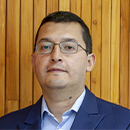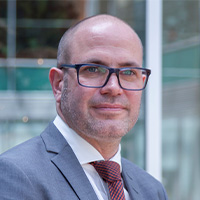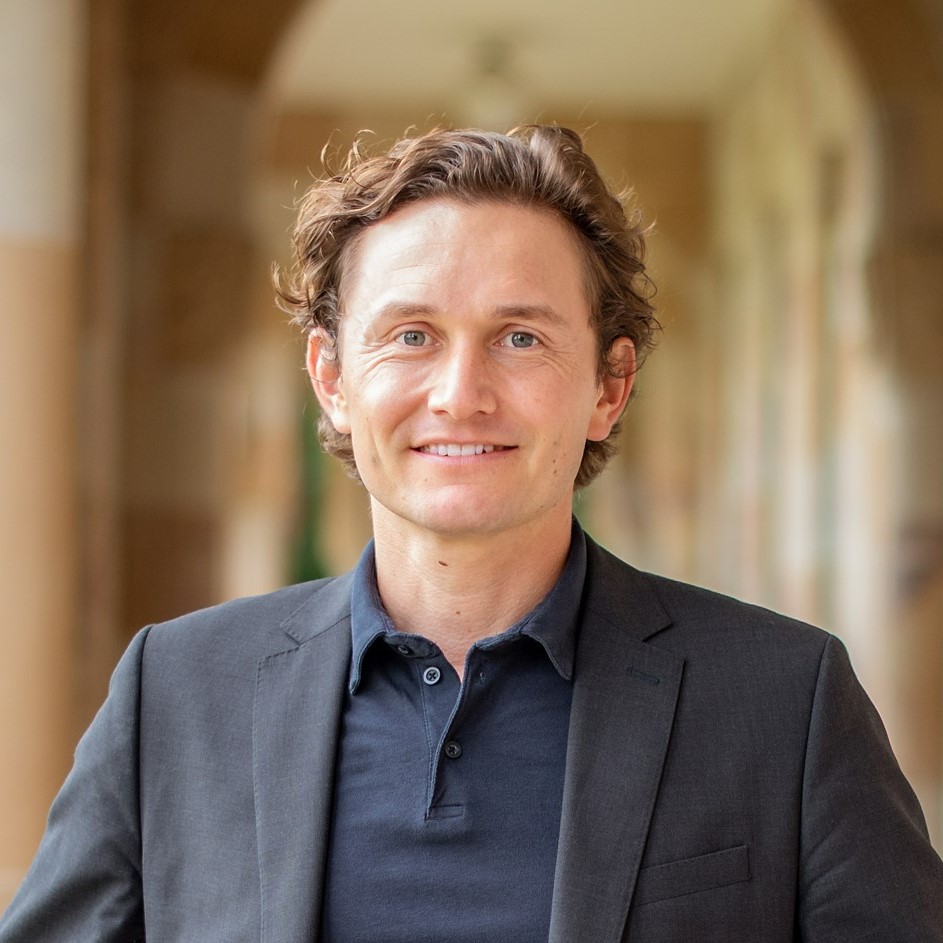Infrastructure is critical to social well-being and provides an interface between people and the natural environment. As one of the largest resource consumers, the opportunity to realise progress at scale towards net zero emissions, natural capital ambitions and a transition to a circular economy is clear. The scale of materials use leaves the industry highly vulnerable to supply disruption meaning new approaches need to be carefully researched, conceptualised, and tested. This research theme will support efforts by industry and government to transition the infrastructure industry to thrive in a decarbonised and circular economy as well as provide insight on the role infrastructure plays in supporting the economy more broadly to transition.
Featured projects
 Hydrogen System Dynamics Modelling Tool
Hydrogen System Dynamics Modelling Tool
We have used a system dynamics model to create a representation of the hydrogen supply chains. Through the Hydrogen Supply Chain Tool interface, the user can experiment with different supply chain combinations. Input your own data to explore footprints over time.
 Advanced Timber Hub
Advanced Timber Hub
This project aims to transform Australia’s timber and construction sectors by stimulating rapid growth in timber innovation and the uptake of timber use in buildings. It plans to enable this transformation by addressing the diverse elements required to motivate investment, stimulate innovation, satisfy stakeholder demands, define long-term social-environmental-economic benefits and establish a roadmap for change.
Our projects
About
2022-2027
The ARC Advance Timber Hub, funded by the Australian Research Council (ARC), aims to transform Australia's timber and construction sectors by promoting timber innovation and increasing timber use in buildings. The hub is organised around eight research nodes, focusing on innovative solutions, transformative benefits, and planning change. The goal is to foster innovation, enhance timber use in construction, and establish a roadmap for industry transformation.
The SIRH’s Dr Cristyn Meath is leading two nodes: design change and socio-economic opportunity, aiming to plan change in the sectors by engaging with industry and policy stakeholders. The goal is to motivate investment, foster innovation, meet stakeholder needs, define long-term benefits, and create a change roadmap for advanced manufacturing growth.
Our researchers
 Dr Cristyn Meath
Dr Cristyn Meath
Senior Research Fellow and Lecturer
Faculty of Business, Economics and Law
 Catalina Espinosa Tovar
Catalina Espinosa Tovar
Research Assistant
Faculty of Business, Economics and Law
About
2023-2024
Ports are facing increasing pressure to set targets related to reducing carbon emissions (Scope 1,2 and 3) and their contributions to climate change. This pressure is being driven by country and regional-level commitments as well as stakeholders’ requirements in terms of reporting energy consumption and GHG emissions. In addition, ports are critical to facilitate the decarbonisation of the shipping and transport industry as they can provide the necessary storage and supply infrastructure for example for green bunkering fuel and green electricity to ships, trucks, barges and trains. Furthermore, ports can act as a catalyzer for the decarbonisation of the national or regional energy system through their facilities to import, export, or store green energy sources, and/or having industries clustered or handle freight in the port area facilitating the energy transition. Ports, however, tend to be complex, multifaceted entities involving public and private actors in different configurations at various levels of geographic scales. Thus, port governance and transparency is vital to understand transitions.
This project aims to analyse the current research related to the role of ports in decarbonisation transitions and also identify lessons learned from relevant ports worldwide, including benchmarking tools and main future initiatives of ports.
This research builds on previous work of the project lead Gustavo Martinez Tello and Professor Gordon Wilsmeier, particularly Giro Zero (2021-2024): Steering Colombian Road Freight Transport to zero emissions, Uniandes and Cardiff University for the UK Pact.
Researchers
 Gustavo Martinez Tello
Gustavo Martinez Tello
Senior Research Assistant
Faculty of Business, Economics and Law
 Dr Cristyn Meath
Dr Cristyn Meath
Senior Research Fellow and Lecturer
Faculty of Business, Economics and Law
 Professor Gordon Wilmsmeier
Professor Gordon Wilmsmeier
Kühne Professorial Chair in Logistics Universidad de los Andes
School of Management, Colombia
 Dr Jurij Karlovsek
Dr Jurij Karlovsek
Senior Lecturer, School of Civil Engineering
Faculty of Engineering, Architecture and IT
About
The UQ Sustainable Infrastructure Research Hub is a consortium member of the Port of Brisbane Vision 2060 project.
More information about UQ’s work on this project will be announced soon.
Researchers
 Dr Cristyn Meath
Dr Cristyn Meath
Senior Research Fellow and Lecturer
Faculty of Business, Economics and Law
 Gustavo Martinez Tello
Gustavo Martinez Tello
Senior Research Assistant
Faculty of Business, Economics and Law
 Dr Jurij Karlovsek
Dr Jurij Karlovsek
Senior Lecturer, School of Civil Engineering
Faculty of Engineering, Architecture and IT
 Professor Gordon Wilmsmeier
Professor Gordon Wilmsmeier
Kühne Professorial Chair in Logistics Universidad de los Andes
School of Management, Colombia
Investigating energy consumption and emissions disclosures in the container terminal industry: implications for the selection of economic instruments to support climate change mitigation
About
Container ports have been identified as fossil fuel dependant transport hubs and a significant source of greenhouse gas (GHG) emissions. This study examines why it is important to disclose emissions and energy consumption at the container terminal level (as opposed to disclosure by Port Authorities only) to design effective public policies to mitigate climate change. In addition, the research aims to understand the role of transparent information in this market.
To date, the role of climate change mitigation in container terminals has been investigated predominantly from the perspective of the port authority. This is a result of the process of devolution in the industry where different types of private parties emerged to operate container terminals. Thus, container terminal operators’ emissions are seen as beyond or out of the port authorities’ immediate control as contracts do not reflect obligations for environmental reporting nor reducing emissions or energy consumption. Despite the importance of these organizations, research focused on climate change mitigation of container terminal operators remains scarce.
Researchers
 Gustavo Martinez Tello
Gustavo Martinez Tello
Senior Research Assistant
Faculty of Business, Economics and Law
 Dr Cristyn Meath
Dr Cristyn Meath
Senior Research Fellow and Lecturer
Faculty of Business, Economics and Law
 Professor Gordon Wilmsmeier
Professor Gordon Wilmsmeier
Kühne Professorial Chair in Logistics Universidad de los Andes
School of Management, Colombia
